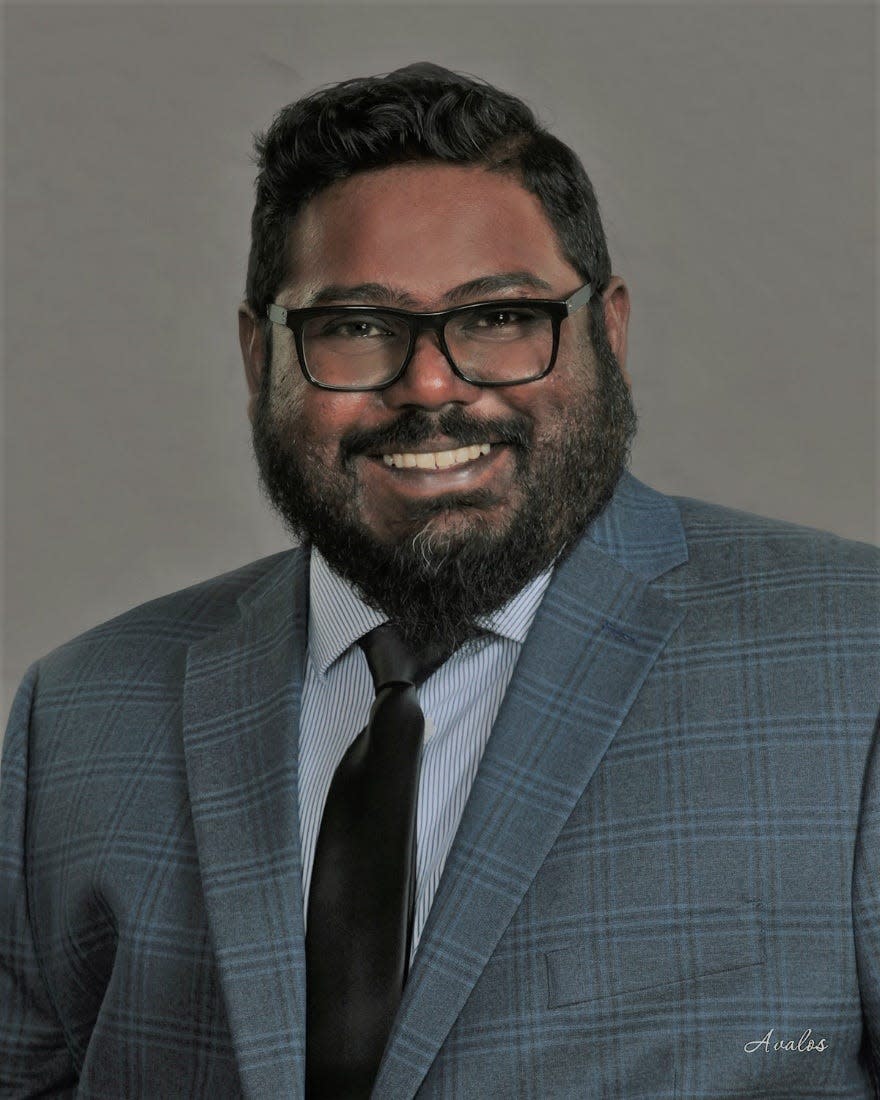Lazar: What Puebloans should know about drug facilitated sexual assault
Drug facilitated sexual assault (DFSA) is an unfortunate problem in our society that leaves people vulnerable and something that we see in our community.
In general terms, drug-facilitated sexual assault (commonly known as date rape) refers to a situation where drugs or alcohol are used to incapacitate or impair a person's judgment and ability to consent to sexual activity.
Perpetrators may administer substances without the victim's knowledge or use substances to exploit a person's vulnerability or take advantage of a victim who is already intoxicated.
Here are a few key points regarding drug-facilitated sexual assault:
1. Types of drugs used: Commonly reported substances associated with drug-facilitated sexual assault include alcohol, Rohypnol (flunitrazepam - commonly known as roofies), GHB (gamma-hydroxybutyrate), and ketamine. According RAINN (see resources below), alcohol is the most commonly used substance for sexual assault. However, it's important to note that any substance with sedative or incapacitating properties can potentially be used.
2. Signs and symptoms: The effects of drugs used in drug-facilitated sexual assault can vary depending on the substance involved. However, some common signs and symptoms include dizziness, confusion, memory loss, disorientation, difficulty speaking or moving, and feeling extremely intoxicated despite consuming a small amount of alcohol or drugs. In addition, discovering unfamiliar drugs or drug paraphernalia around the person or their surroundings may indicate potential drug use.
3. Reporting and seeking help: If you believe you have been a victim of drug-facilitated sexual assault, it's crucial to seek medical attention as soon as possible. If you are concerned about an assault, preserving evidence is crucial; one thing you can do is preserve your urine in a sealed container if you are unable to reach a hospital immediately. Store the urine sample in a freezer or a refrigerator. A healthcare professional can assess your physical well-being, collect evidence, and provide appropriate treatment.
Critical resources for survivors of DFSA in Colorado
Local Law Enforcement: Contact your local police department to report the assault. They can initiate an investigation and help gather evidence.
Sexual Assault Nurse Examiners (SANE) Programs: Some Colorado hospitals offer SANE programs, which provide specialized medical care and forensic evidence collection for survivors. SANE nurses are available at both local hospitals: Parkview and St. Mary Corwin.
RAINN National Sexual Assault Hotline: While not Colorado-specific, RAINN offers confidential support and information for survivors. You can reach their hotline at 1-800-656-HOPE (4673).
Local Rape Crisis Centers: Colorado has local centers that offer support, counseling, and resources for survivors. In Pueblo we have Pueblo Rape Crisis Services - contact 719 549 0549 or visit rapecrisisservices.org
Outside of Pueblo, you can contact Colorado Coalition Against Sexual Assault (CCASA) for local resources at ccasa.org
How can we prevent it?
Preventing drug-facilitated sexual assault involves taking proactive steps to protect yourself and create a safer environment. Here are some important preventive measures:
1. Be mindful of your surroundings: Stay aware of your environment, especially in social settings like parties, bars, or clubs. Trust your instincts and if something feels off or uncomfortable, remove yourself from the situation.
2. Watch your drink: Never leave your drink unattended or accept beverages from strangers. If you set your drink down, keep an eye on it, and consider getting a new one if you're unsure about its safety. It's also a good idea to avoid sharing drinks with others.
3. Stay with trusted friends: Stick together with friends you trust, look out for each other, and have a plan to ensure everyone gets home safely. Consider using the buddy system to keep track of each other and intervene if anyone appears to be in an unsafe situation.
4. Limit alcohol and drug consumption: Be cautious about the amount of alcohol or drugs you consume, as intoxication can impair your judgment and make you more vulnerable. Stay in control of your faculties and know your limits.
6. Practice assertiveness and boundaries: Feel empowered to say "no" and set clear boundaries when it comes to your personal space, privacy, and comfort level. Trust your intuition and prioritize your well-being.
7. Look out for others: If you notice someone who appears to be excessively intoxicated or vulnerable, consider checking on them or notifying a trustworthy authority figure. Encouraging a culture of active bystander intervention can make a significant difference.
The more people are aware of this problem, the more vigilant we can be to help protect ourselves and our loved ones.

Dr. Kamal Lazar is a practicing Family Medicine physician in Pueblo
This article originally appeared on The Pueblo Chieftain: Lazar: What Puebloans should know about drug facilitated sexual assault

